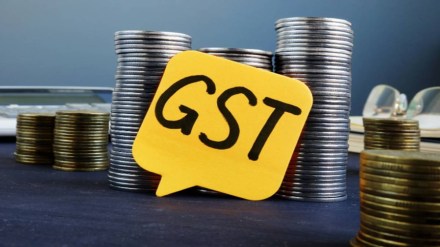A reduction in the goods and services tax (GST) rate on tractors, coupled with festive demand, drove monthly sales to an all-time high in September.
Data from the Tractor and Mechanization Association (TMA), the industry’s apex body, showed that a little over 146,000 tractors were sold in the domestic market last month, surpassing the previous best of 144,675 units recorded in October 2024.
Under the latest reform, effective September 22, GST on tractors was slashed to the lowest slab of 5% from 12%. The tax on road tractors with engine capacity above 1,800cc—mainly used for hauling farm goods—was also reduced to 18% from 28%.
The surge in September volumes has lifted year-to-date growth for the segment. Between January and September, 761,450 tractors were sold, a 20% rise over the same period last year. With the upcoming Diwali season, experts expect demand to maintain its momentum, pushing annual sales past the one-million-unit mark for the first time.
This growth has been aided by above-normal monsoons, which are likely to boost farm output. The early onset of rains has resulted in cumulative rainfall reaching 108% of the long-period average until mid-September 2025.
Mahindra & Mahindra (M&M), the country’s largest tractor maker, ramped up production and supplies to dealerships by 50% in September. Veejay Nakra, president – farm equipment business, M&M, said: “The GST rate cut increased offtake in the 9 days of Navratri. This has been further supported by factors like a positive Kharif outlook, an increase in the area sown this season and an above-normal monsoon.”
Escorts Kubota’s volumes rose 49% in September to 17,800 units — its highest-ever monthly performance. Sonalika Tractors, just ahead, sold nearly 27,800 units during the month, more than double the tally a year ago.
“The recent GST rate cut on tractors to 5% is expected to further support demand, particularly during the upcoming festive season. The industry also anticipates potential pre-buying ahead of the TREM V emission norms proposed to take effect from April 1, 2026,” said a report from Icra.
